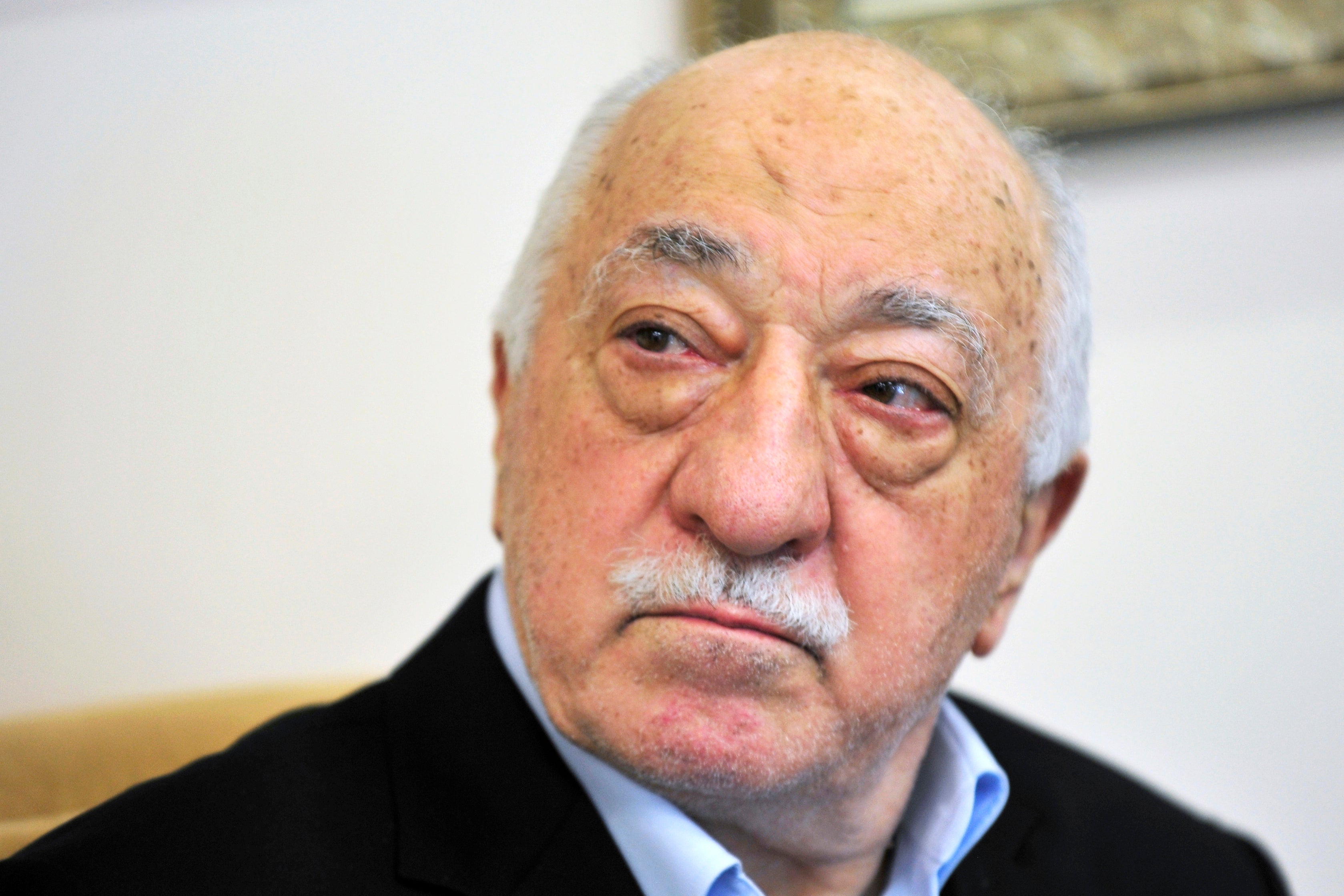Mourners grieve Fethullah Gülen, a Turkish spiritual leader who died in US
Family, friends and followers of Fethullah Gülen are gathering to pay respects to the influential Turkish spiritual leader and Islamic scholar who died this week in self-exile in the United States

Family, friends and followers of Fethullah Gülen are gathering Thursday to pay respects to the influential Turkish spiritual leader and Islamic scholar who died this week in self-exile in the United States.
Gülen, who inspired a global social movement while facing unproven allegations that he orchestrated a failed 2016 military coup against Turkey's president, died Sunday at a Pennsylvania hospital. He was in his 80s.
A funeral prayer service was scheduled for Thursday afternoon in Sussex County, New Jersey. The Alliance for Shared Values, a New York-based group that promotes Gülen’s work in the U.S., said thousands of mourners were expected to attend.
After the service, Gülen is to be buried in Saylorsburg, Pennsylvania, on the grounds of the Chestnut Retreat Center, a sprawling, gated compound in the Pocono Mountains where he lived and worked for a quarter-century. A much smaller circle of family and close friends was expected at the burial.
“This is a solemn time of mourning, reflection, and prayer,” the group said in a statement. “Mr. Gülen’s legacy transcends the circumstances of his life. He stands as a remarkable religious and intellectual thinker whose impact will be felt for generations.”
Gülen had long been one of Turkey’s most important scholars, with millions of followers in his native country and around the world. He had lived in the United States since 1999, when he came to seek medical treatment.
His philosophy blended Sufism — a mystical form of Islam — with staunch advocacy of democracy, education, science and interfaith dialogue. His acolytes built a loosely affiliated global network of charitable foundations, professional associations, businesses and schools in more than 100 countries, including 150 taxpayer-funded charter schools throughout the United States.
The religious leader began as an ally of Turkish leader Recep Tayyip Erdogan but became a foe. He called Erdogan an authoritarian bent on accumulating power and crushing dissent. Erdogan cast Gülen as a terrorist, accusing him of masterminding the attempted coup on July 15, 2016, when factions within the military used tanks, warplanes and helicopters to try to overthrow the government.
A total of 251 people were killed and around 2,200 others were wounded. Around 35 alleged coup plotters were killed.
Shortly after the coup attempt, the normally reclusive cleric summoned reporters to his living quarters at the Pennsylvania compound to deny any knowledge or involvement in its planning. He said he wouldn’t have returned to Turkey even if the coup had succeeded, fearing he would be “persecuted and harassed.”
“This is a tranquil and clean place and I enjoy and I live my freedom here,” Gülen said of the secluded Islamic retreat, founded by Turkish Americans, that he adopted as his home and where he would be buried eight years later. “Longing for my homeland burns in my heart, but freedom is also equally important.”
In Turkey, Gülen’s movement — sometimes known as Hizmet, Turkish for “service” — has been subjected to a broad crackdown. The government arrested tens of thousands of people for their alleged link to the coup plot, sacked more than 130,000 suspected supporters from civil service jobs and more than 23,000 from the military, and closed hundreds of businesses, schools and media organizations tied to Gülen.
The Turkish government reacted to his death this week by vowing to keep up the pressure on the Gülenist movement. Erdogan said Gülen had suffered a “dishonorable death” and likened him to a “demon in human form.” He pledged the movement would be “completely eliminated.”
Gulen was never charged with a crime in the U.S., and the U.S. government had rejected Turkey’s demands to extradite him. The cleric consistently denounced terrorism as well as the coup plotters.